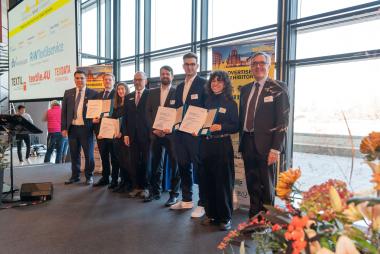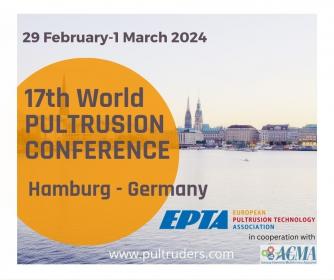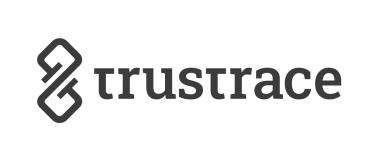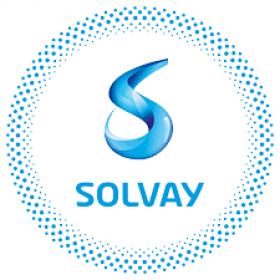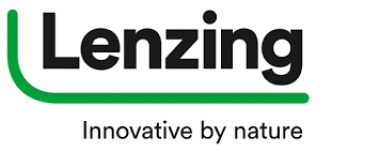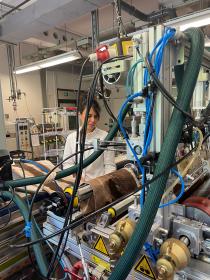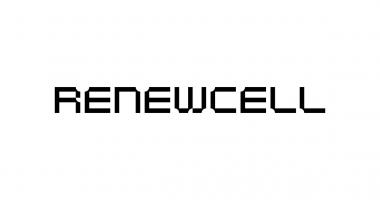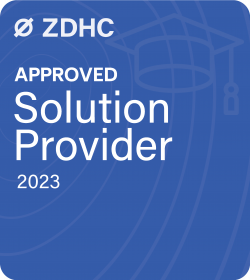Vesta Corporation: First Sustainability Report
The Tuscan tannery Vesta Corporation has presented to its stakeholders a report outlining its current commitment and future objectives, with a view to innovating, safeguarding and fostering high-end leather material processing.
Ever since it was founded in 1966 in Ponte a Egola, the Tuscan hub for the production of leather for vegetable tanned soles, Vesta has been a supplier and partner of haute couture and sportswear brands, from lightweight calf and half-calf leather, to heavy leathers made with hind and rump hide, for leatherware and shoes.
To draft this Report, reference was made to the “Global Reporting Initiative Sustainability Reporting Standards” established by the Global Reporting Initiative (GRI). The information in the balance sheet refers to the year 2022 (from 1 January to 31December 2022). Wherever possible, data for the previous year are included, to allow for a comparison of data over time and to assess the trend of Vesta activities. Sustainability is an objective-driven process. This means that comparing data allows for concretely measuring the company’s progress, as it pursues this accounting process year after year.
The improvement actions already implemented by Vesta involve corporate responsibility from an environmental, social and governance perspective. An example are the improved heating and processing plants (which entails the construction of a new tumbling department based on 4.0 technology). This guarantees significant energy, water and economic savings. Along with numerous corporate certifications, the company has passed the Raw Material Traceability test with a score of EXCELLENT, as well as the Carbon and Water footprint analysis.
As confirmation of its commitment to improving corporate performance levels, Vesta has been upgraded from BRONZE (2020) to GOLD in 2023, as assessed by the Leather Working Group (which measures leather manufacturers’ environmental performance for ecological production and for a systemic management of quality, environmental, safety and ethical factors).
Becoming energy-independent is a major step in the pipeline, involving the installation of a photovoltaic plant. This is complemented by the implementation of a project aimed at totally compensating its CO2 emissions for the year subject to accounting and certification. This neutrality will be achieved through the acquisition of credits deriving from projects certified by the United Nations. For example, with the construction of an important hydro-electric plant to which Vesta is contributing. With regard to production, corporate research is currently focused on developing solutions to reduce water and energy use. It is also implementing circular trends by adopting an increasing number of bio-based products, to guarantee the most sustainable end-of-life and waste management for its products.
Vesta Corporation

















